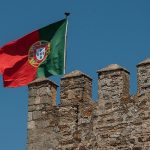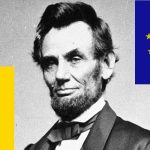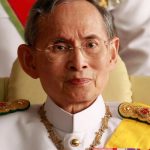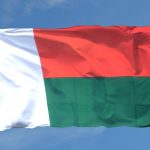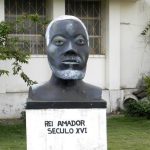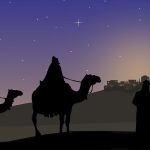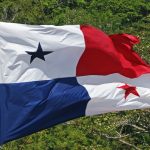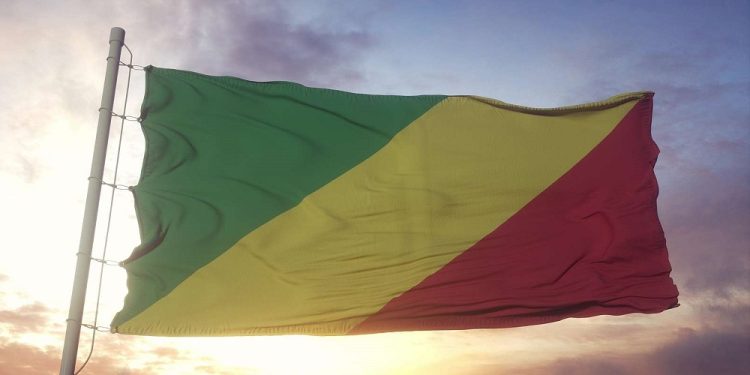
Republic Day in Congo
In Congo, the 28th of November is celebrated as Republic Day. This holiday commemorates the date in 1958 when the country became an autonomous republic within the French Community. Several African countries also celebrate this day as their Republic Day, and there’s a good reason for that.
That’s because this is when French Equatorial Africa ended, and several countries became republics—including not only Congo but also Gabon, Chad, and the Central African Republic. This holiday is a public holiday in Congo, and as a result, many people get the day off, and businesses, banks, schools, and government offices are closed.
The History of Republic Day in Congo
During the 19th century, France began to exert control over the region of Africa. French explorer Pierre Savorgnan de Brazza negotiated an agreement with the Bateke tribe. Under the terms of that agreement, the area became a French protectorate in the 1880s. Eventually, in 1891, France would make the entire area a colony of French Congo.
The people of Congo voted to become an autonomous republic in 1958. This would spell the end for French Equatorial Africa, which was dissolved on November 28th, 1958. Congo would become an autonomous republic under the French Community. Two years later, it would gain independence from France on August 15th, 1960.
Observing Republic Day in Congo
This holiday is celebrated all across Congo. On this day, there are parades, concerts, art exhibits, dance competitions, sporting events, and a number of cultural events. It’s also a day for people to spend time with their families enjoying traditional Congolese meals such as Moambe Chicken, Cossa Cossa, and Pili Pili Peppers.
Congolese street food is also extremely popular on this holiday, and people enjoy prawns and smoked meats from these roadside stalls. This is a day for residents from all across the country to enjoy themselves and take pride in their country.
